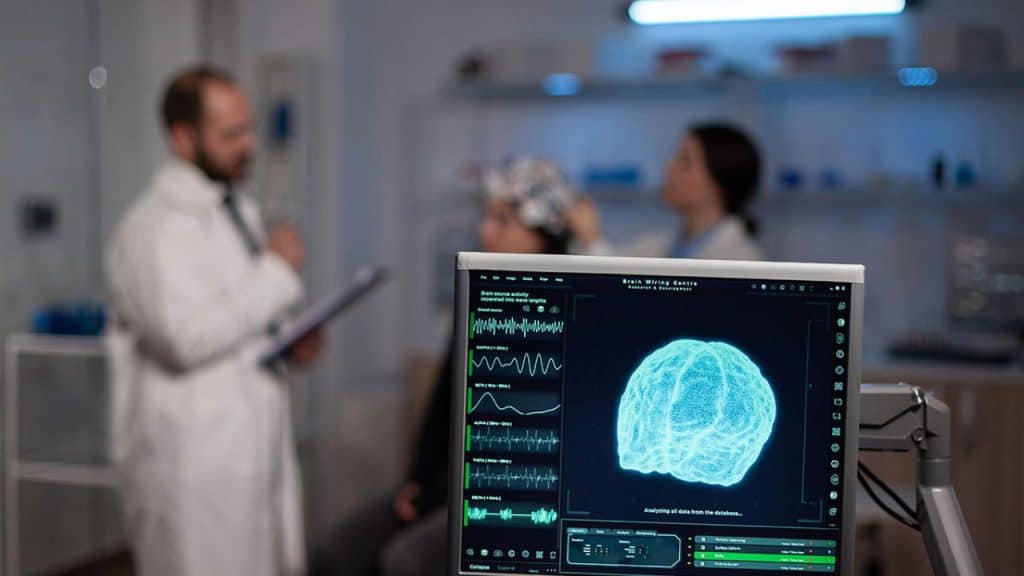Healthcare in the modern world entails collecting huge amounts of data. Yes, this sometimes raises privacy concerns, but there’s no denying that knowing more about someone makes it easier to identify potential illness. That’s if you can analyze that sometimes overwhelming amount of information. This is where AI can come in useful. It can pick out details that the regular human eye just can’t see (https://longevity.technology/news/carenostics-raises-5m-for-ai-powered-chronic-disease-diagnosis/).
That’s the principle underlying the approach of the healthcare company Carenostics, which has a primary focus on AI as a diagnostic tool. It has just announced its latest round of seed funding – a whole $5 million of it – so it can use its AI to identify and treat some of the most ignored and misunderstood conditions out there. Americans with chronic disease may finally have the chance to discover the source of their troubles.
Other than prevention, early diagnosis is one of the most important tools to ensure the effective treatment of disease. It means the illness doesn’t have the chance to progress to its more severe and hard to manage symptoms, so you may be able to rely on milder and less intrusive therapies. It’s also generally a lot cheaper. Unfortunately, many chronic conditions are hard to identify in their early stages. One estimate suggests that 80% of cases of chronic kidney disease are undiagnosed.
Carenostics’ AI doesn’t need you to gather a big amount of additional health data. It can work with the information that’s already being collected in your electronic health record (EHR). This means doctors will instantly see the potential diagnosis as part of their regular workflow and can react accordingly. If evidence from a collaboration of Hackensack Meridian Health in New Jersey is any indication, this could see a tripling in chronic kidney disease diagnosis rates and an even higher improvement of 20x for severe asthma. That’s on top of the reduction in false positives.
According to Carenostics, we spend around $4.1 trillion every year on chronic and undiagnosed conditions, which is around 90% of overall healthcare expenditure. No wonder M13, Greatpoint Ventures, Gaingels and Kurt Hilzinger were all willing to put money into the pot, while AstraZeneca, the Veterans Administration and Bayer G4A were all willing to form their own partnerships with Carenostics. This approach is looking like it will be a big part of the future of healthcare.




